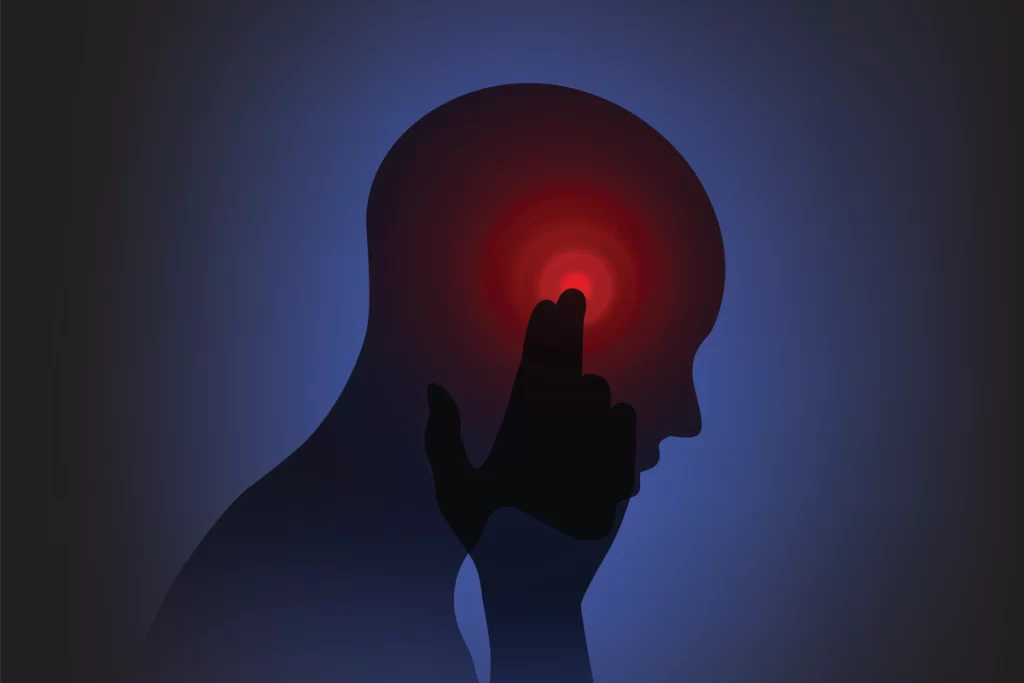A young person’s decision-making ability significantly shapes their future, making the teenage years a crucial period for development. But for different emotional, social, or psychological difficulties, some teenagers find it difficult to make wise selections. These challenges can be addressed through teen residential treatment center programs, which provide teenagers controlled surroundings where they can hone these essential abilities.
Identifying Decision-Making Challenges in Teens
Rapid changes in emotional and cognitive development define adolescence and often result in impulsive or poorly thought-out decisions. These difficulties are caused in part by peer pressure, poor self-awareness, and inadequate coping strategies. Residential treatment provides a conducive environment where teenagers may find the underlying reasons for their difficulties with decision-making. Therapists and mentors enable them to identify triggers and tendencies that can compromise their capacity for wise judgment.
Fostering Critical Thinking Skills
Sound decision-making requires critical thought. Teenagers are taught in residential treatment programs how to evaluate possible outcomes, assess circumstances, and think through several options. Teenagers who engage in guided conversations, role-playing games, and problem-solving activities learn to approach their choices logically. Practicing these abilities in a controlled setting helps them to grow more suited to face obstacles and make decisions according to their values and objectives.

Building Emotional Regulation and Self-Control
Good judgment calls for emotional balance and self-control. Many times, teenagers find it difficult to separate their decisions from their feelings, which results in either impulsive or regretful behavior. To help teenagers control their emotions, residential treatment combines mindfulness, stress management, and emotional awareness strategies. Teenagers who have developed these abilities will be able to approach decisions with more clarity and serenity, therefore guaranteeing they take long-term consequences of their actions into account.
Encouraging Accountability and Independence
Keystones of wise decision-making are freedom and responsibility. Teenagers in residential treatment have chances to own their decisions and see the results of their behavior. One-on-one meetings, group projects, and organized obligations all foster responsibility. They are also urged to investigate their independence in a controlled environment, therefore progressively developing the confidence required to make decisions on their own.
Teenagers need help developing improved decision-making abilities; this is a complex process needing time, direction, and practice. A teen residential treatment center can provide the structured environment necessary for guiding teens through this challenging journey, offering the support and tools they need to build better decision-making skills. Teenagers can face their difficulties, acquire critical thinking skills, and gain emotional regulation in a supportive setting seen in residential treatment programs. These initiatives help teenagers to become responsible and independent, enabling them to make wise decisions that open the path for a successful and rewarding future.














